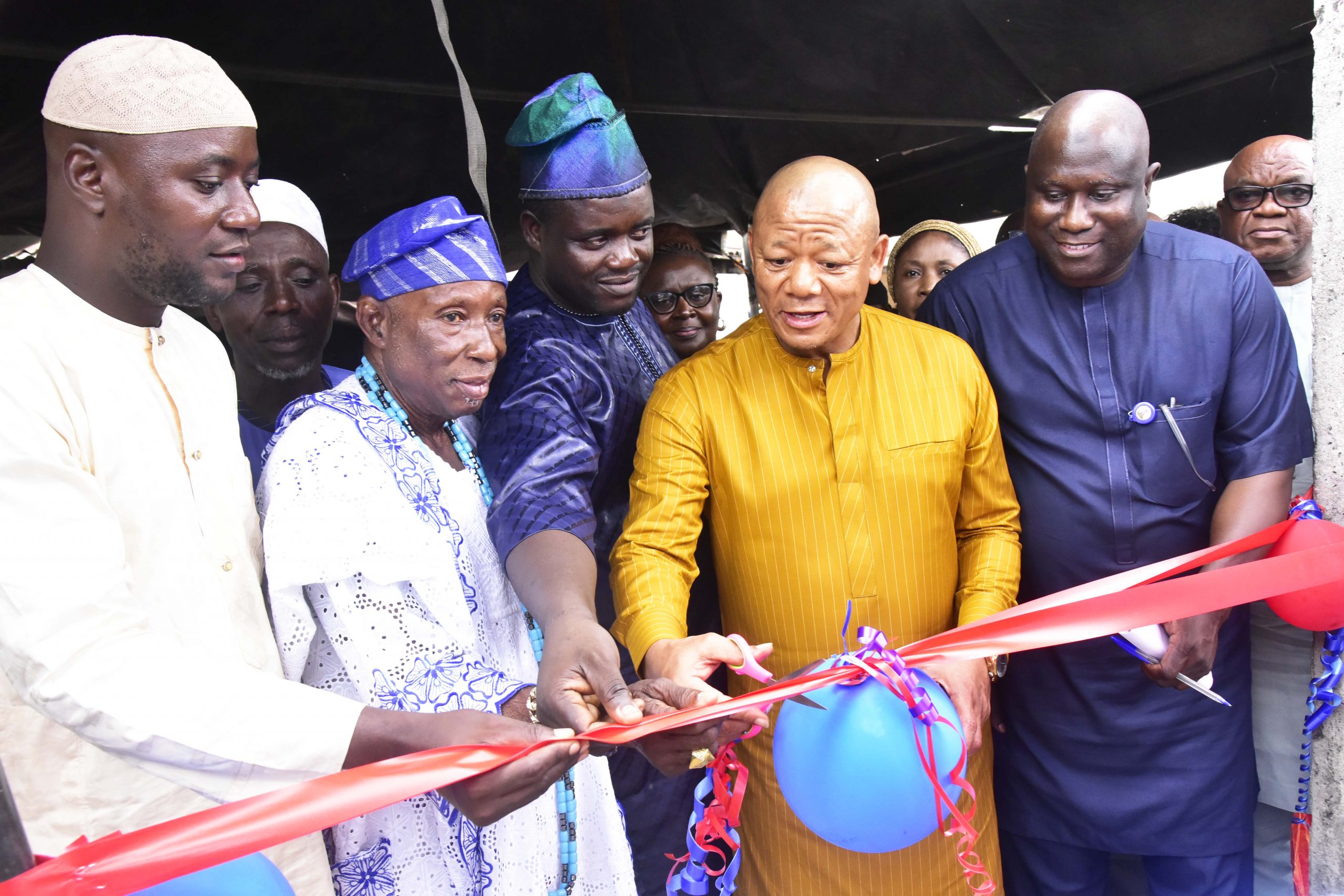Delay in crude supply to Dangote Refinery Poses Risk to Nigeria’s economy – EIU Report
Sahara Weekly Reports That The Economist Intelligence Unit has issued a warning that further delays in crude oil feedstock to the Dangote Petroleum Refinery and Petrochemicals could jeopardise Nigeria’s economic recovery and put additional pressure on the naira.

The research and analysis division of the Economist Group said the Dangote refinery which began production in January has encountered setbacks in petrol production due to a shortage of crude oil feedstock.
It said the $20 billion facility has successfully exported various products, including fuel oil, naphtha, nitrogen fertilisers, gasoil, jet fuel, and diesel but has been able to ramp up petrol production due to challenges in sourcing adequate crude oil.

These delays are expected to have significant economic repercussions for Nigeria, potentially worsening the already strained relationship between public finances and the management of the naira, the country’s currency.
The report said though the government had previously scrapped the official petrol subsidy in June 2023, the practice of unofficially subsidizing petrol continues, with substantial implications for the national budget. It pointed out that this has led to increased currency losses, contributing to a widening budget deficit that has become increasingly difficult to manage and could force the Central Bank of Nigeria to revert to stronger management of the currency.
“As the federal government unofficially subsidises petrol (the official subsidy was scrapped in June 2023), currency losses feed into a widening budget deficit that is becoming more challenging to finance. This provides extra incentive for the central bank to revert to stronger management of the currency, as we already expect, but the degree of market intervention could become heavier. Meanwhile, ongoing fuel imports would reduce the current-account surplus from the 1.9% of GDP that we currently project for 2025, potentially leading to lower foreign reserves and the return to a more rigid and unstable foreign-exchange system,” it said.
The delay in securing a reliable pipeline of affordable crude oil feedstock was attributed to low crude production due to oil theft and underinvestment, as well as using crude oil to repay outstanding loans.
“The refinery has encountered a range of problems, both practical and political in nature. The most publicly discussed issue is how the refinery can secure a reliable pipeline of crude oil feedstock at affordable prices. NNPC, the state oil firm, has not been able to provide enough volume. The government has promised to deliver 450,000 b/d of oil to the refinery through NNPC in a pilot scheme, sold in naira, but the state oil company is not in a position to make this a reliable arrangement. Crude production in Nigeria is stubbornly low, as a result of oil theft and underinvestment. Output was 1.31m b/d in July, against an OPEC+ target of 1.38m b/d. NNPC receives a varying minority share of this and, moreover, a sizable quantity (about 90,000 b/d) is being committed as loan collateral,” it added.
The situation, it said, has been worsened by International Oil Companies (IOCs) operating in Nigeria, which demand a premium of $3-$4 per barrel over the prices they receive elsewhere. It noted that regulators are hesitant to enforce the Domestic Crude Supply Obligation (DCSO)—which requires IOCs to sell crude to local refineries—out of concern that such enforcement might lead to divestment.
The report emphasised that producing fuel locally would significantly benefit Nigeria’s fiscal position and currency, given that petroleum products account for 15% to 20% of the country’s goods import bill. The Dangote refinery, hailed as a transformative development, is expected to resolve the paradox of Nigeria being a major crude oil producer yet still dependent on fuel imports. With a capacity of 650,000 barrels per day (b/d), the refinery could potentially eliminate the need for fuel imports and shield local fuel prices from exchange-rate fluctuations.
“The Dangote fuel refinery is potentially transformational for Nigeria, which has always been an oil exporter and fuel importer. This fact is often regarded as a failure and an embarrassment by politicians, businesses and the media alike, but the new refinery has the ability to change this,” it said.

 Business5 months ago
Business5 months ago
 Politics6 months ago
Politics6 months ago
 celebrity radar - gossips6 months ago
celebrity radar - gossips6 months ago
 Politics6 months ago
Politics6 months ago















